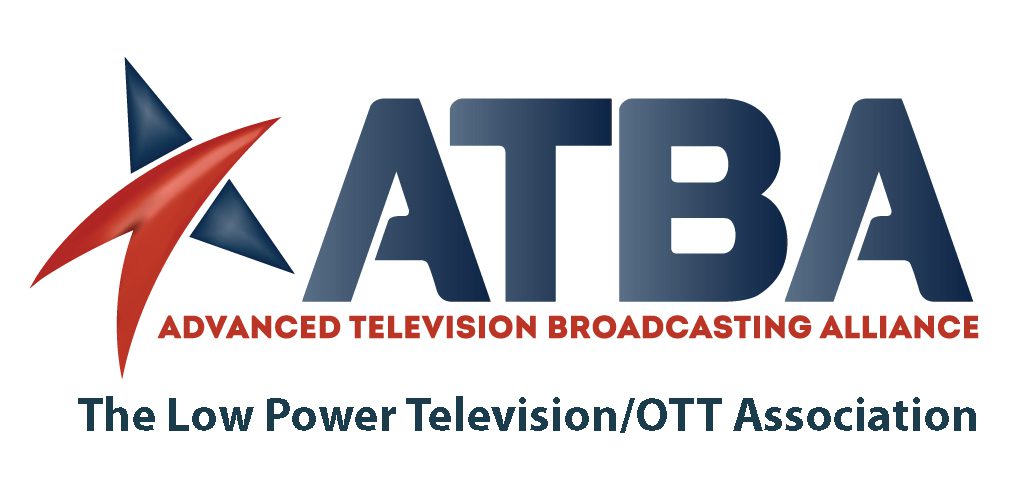The spectrum auction currently being undertaken by the U.S. Government will have significant, and as yet unmeasured effects on existing Low Power TV stations and TV Translators (LPTV.) This is the major finding of a report released last week by the Government Accountability Office (GAO), an investigative arm of the U.S. Congress.
To prepare the report, a survey was conducted in Summer of 2016, and obtained 115 responses, representing approximately one fourth of the licensed 2,063 LPTV stations, and over 40 per cent of the 3,660 licensed Translators. These stations will be forced to vacate their operating channels, if the same spectrum is displaced for wireless use by auction winners. If the stations cannot move to alternate channels in the remaining spectrum, they will need to cease operation. While GAO cautioned that their survey was not a scientific sample, some major themes and findings did emerge:
* Most LPTV stations are owned by for profit entities. But more than a third of the TV Translators are owned by government, schools, or non-profits. These are expected to be headed for trouble in finding necessary capital costs if they are required to relocate.
* For non-profit and for-profit stations alike, both Translators and LPTV’s often exist as single stations or small station groups that will not be able to afford the transition. Some owners depend on larger market stations to pay for small market ones. The loss of large market revenue will make their transition difficult.
* Because many LPTV and Translator viewers are economically or geographically disadvantaged, they may not have any alternative program sources if these stations are lost.
* Even where alternative program access is available, by internet or satellite services, the loss of niche programming on LPTV stations and Translators will not be replaced. Examples include specialized cultural programming, foreign language, and Tribal program services.
* For Translators specifically, many survey respondents indicated that they receive signals or re-transmit them in a chain of multiple stations. Stations in a daisy chain like this may be especially vulnerable in the auction.
As part of the digital transition the GAO in 2011 recommended that the FCC explore how Low Power TV and Translators contributed to localism and diversity, both using existing data and determining what new data was needed. For this report, the FCC officials stated to GAO that the 2012 legislation mandating incentive auctions signaled a
change in priorities away from LPTV and Translators. The FCC claimed that any assessment of the contribution of these stations to localism and diversity would not be consistent with the implementation of the incentive auction.
Proponents of LPTV and TV translators frequently cited their desire for financial assistance from the government, either through grants or cost reimbursement, to ease the cost of the transition. The FCC has studied and reported on costs for full service TV relocation (including Class A stations). But FCC officials told GAO that because Congress did not make LPTV stations or Translators eligible for relocation costs, the FCC did not study those costs.
The GAO reported sharp divisions of opinion regarding the FCC’s plan, in conjunction with the spectrum repacking, to set aside one full channel for the operation of unlicensed devices. Broadcast industry associations noted that this set-aside would make the repacking even more challenging for stations being displaced. Proponents of the set-aside told GAO that it would foster innovation and the development of new technologies and services. The FCC had received highly contrasting estimates of the likely impact from a broadcast trade group and from a major internet player.
There was consensus that measures adopted by the FCC to mitigate the effect of the auction upon LPTV and TV Translators will not be of much help. These measures are to allow channel sharing, to stretch out the transition deadlines, to provide channel identification software, and to facilitate trans-border coordination with Canada and Mexico. In the GAO survey 195 respondents in LPTV found these measures helpful, 292 not helpful. TV Translator respondents found them helpful, 295, and not helpful, 924. For many, channel sharing was cited as likely to degrade service, be cost prohibitive, or both.
The GAO report was prepared by the GAO’s group for Physical Infrastructure Issues, at the request of Rep. Anna Eschoo (D-CA), ranking member of the Subcommittee on Communications and Technology, Energy and Commerce Committee, and Rep. Joe Barton (R-TX). The full report can be downloaded at: http://www.gao.gov/products/GAO-17-135
